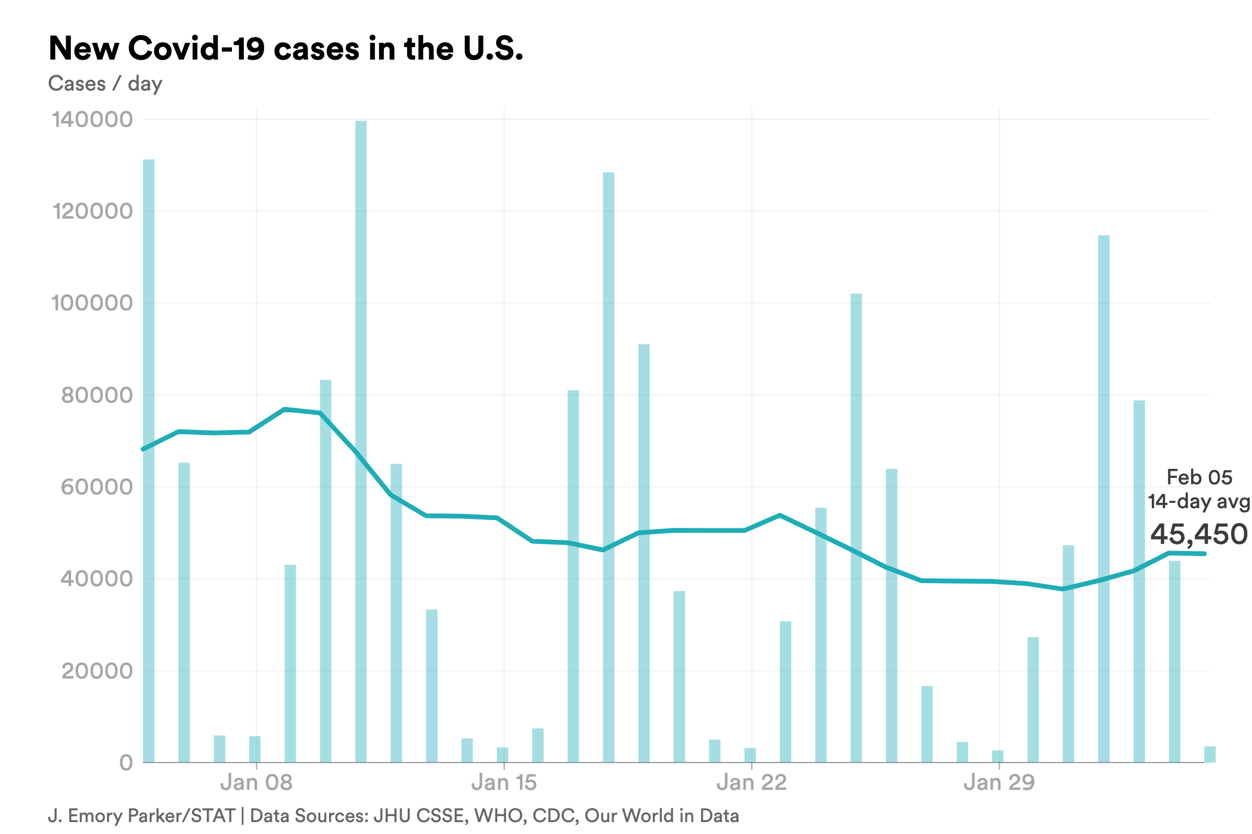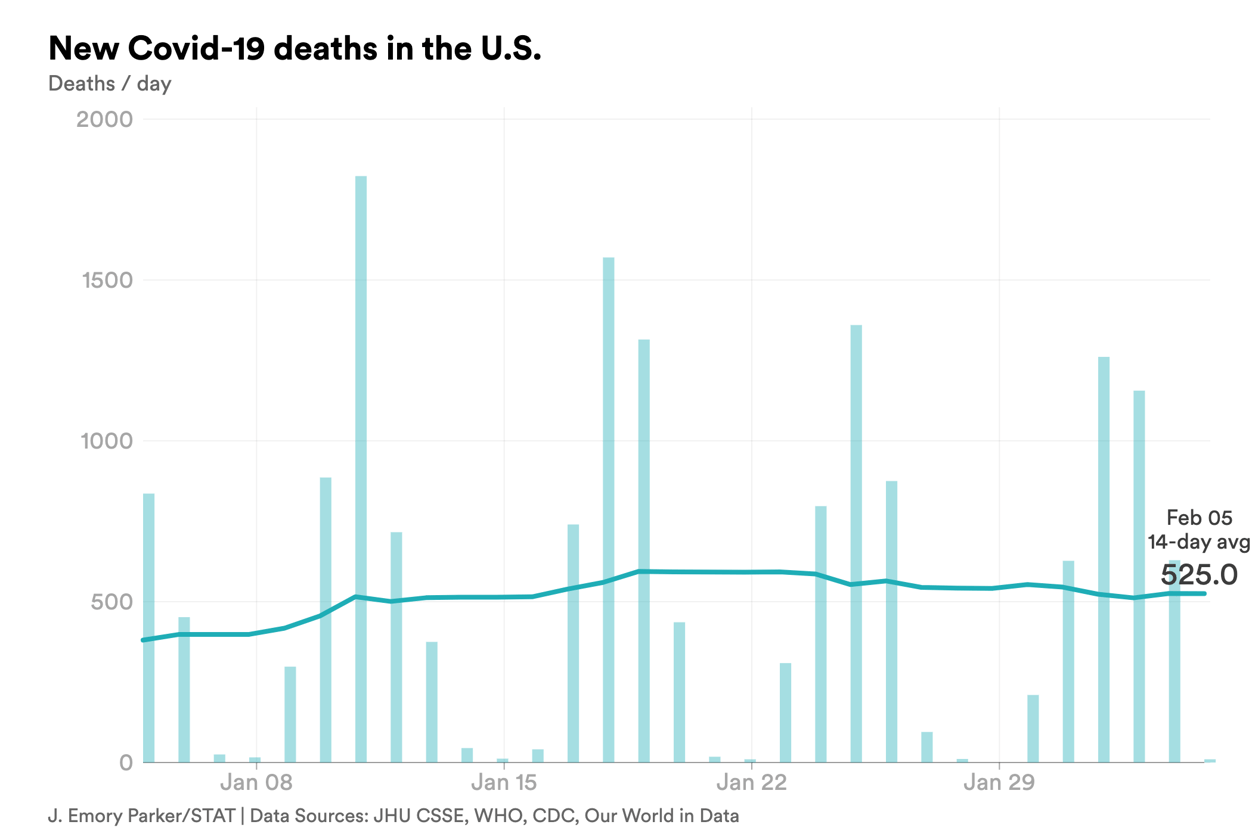Closer Look
Why do we have a caregiver crisis? 'We don't value the people they care for'

Photo illustration: Casey Shenery for STAT
In her series called "Living With," STAT's Isabella Cueto writes about people who have chronic conditions. Now she talks with a caregiver, a member of that community so central in chronically ill people's lives but so often invisible as they struggle to just get through the day and its complex demands. "We have a care crisis because we don't value caregivers, because we don't value the people they care for," Laura Mauldin, an associate professor at the University of Connecticut, told her.
Mauldin spoke about her own experience caring for a chronically ill partner and the nature of disability. She also reflected on what long Covid might be like: "All these newly disabled people are just finding out all of the things that disabled people have always lived with, which is disbelief, suspicion, lack of supports, all those kinds of things." Read the full interview here.
end of life
They asked about hospice for their baby
She was looking at the crib in the surgical ICU where her baby lay, intubated, sedated, and paralyzed. He could no longer breathe on his own, just when his complex neurologic and respiratory conditions had stabilized, medical student Golda Grinberg writes about her son in this NEJM perspective. When the doctors said he'd need a tracheostomy to breathe at home, "the carpet was yanked out from under us."
The parents reflected on his fragility, hospitalized for half his eight months of life, with five readmissions, for a genetic condition that required endless medical interventions. The trach would mean more. They consulted their rabbi on ethical courses of action. They asked his care team about comfort care, even though refusing the trach felt like failure. "No clinician had brought it up over five days of 'family-centered' rounds," Grinberg writes, urging more open discussion. "In pursuing hospice care, we are not giving up."
health inequity
Race adjustment for prenatal screening doesn't hold up, study says
Strike another race-based adjustment from the list of tests that differentiate measurements by race. A new study in Obstetrics and Gynecology found no basis for changing test result values in a common prenatal screening test that detects alpha fetoprotein in the blood during pregnancy. The test is intended to signal increased risk of Down syndrome, trisomy 18, or neural tube defects such as spina bifida. Labs routinely adjust the concentration of alpha fetoprotein by approximately 10% for Black mothers.
Researchers analyzed the records of 27,710 patients who had the tests from 2007 through 2020, 6% of whom identified as Black. After adjusting for maternal weight and gestational age, they found no difference in alpha fetoprotein values between Black and non-Black pregnant patients. "These findings suggest that routine race-based adjustment of maternal serum AFP screening should be discontinued," the authors write, adding it to tests for kidney function among other measures under new scrutiny.
by the numbers


No comments